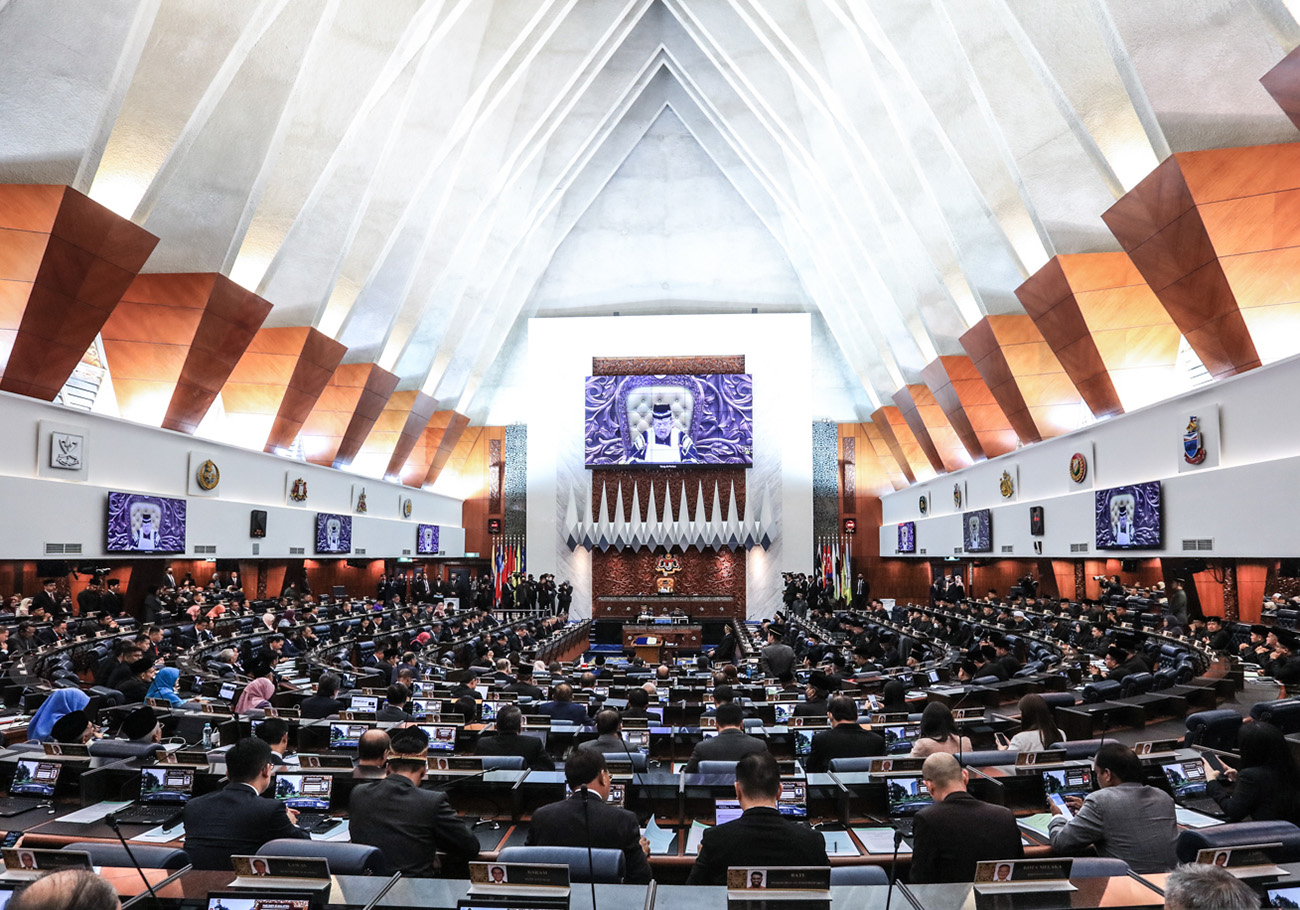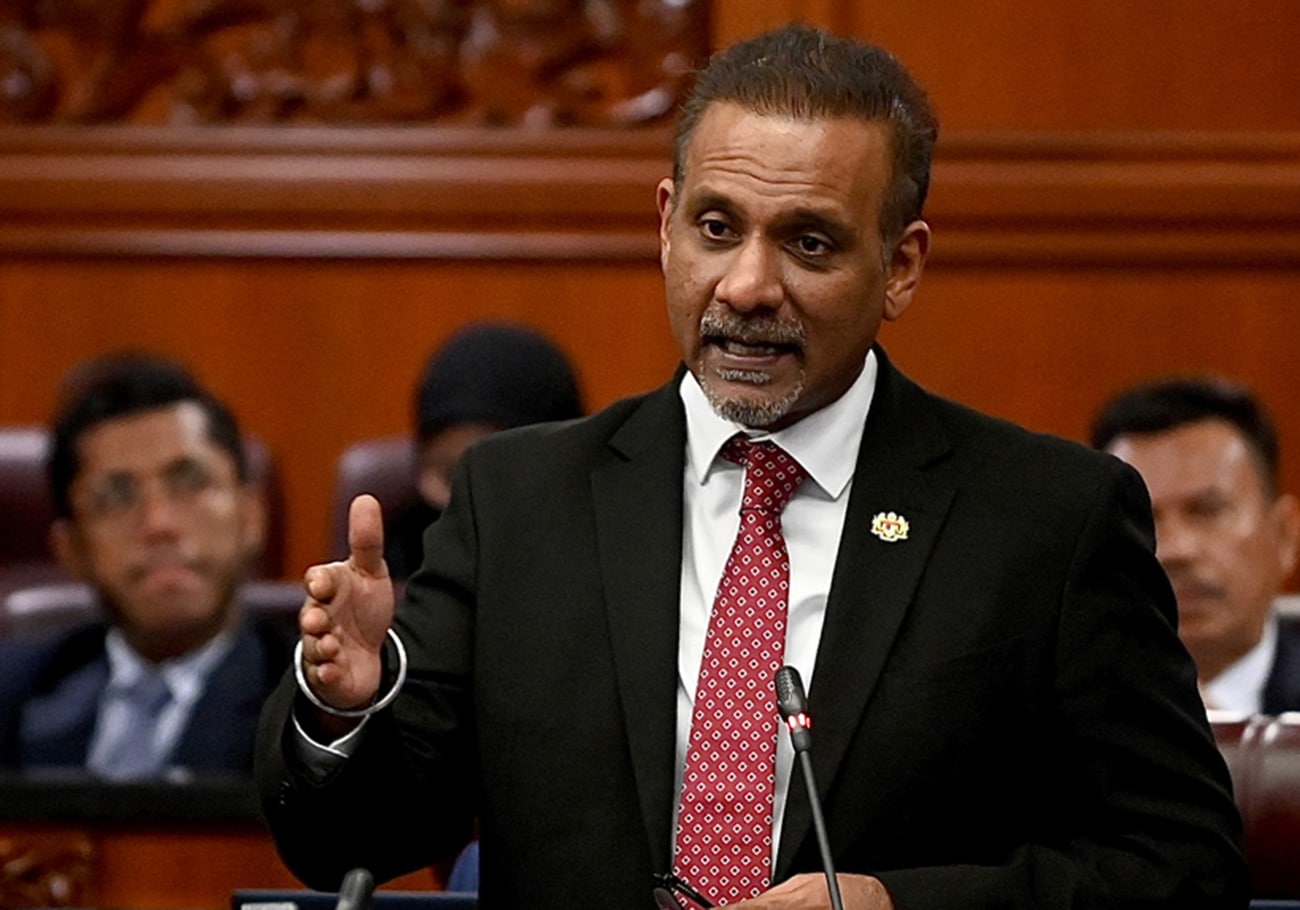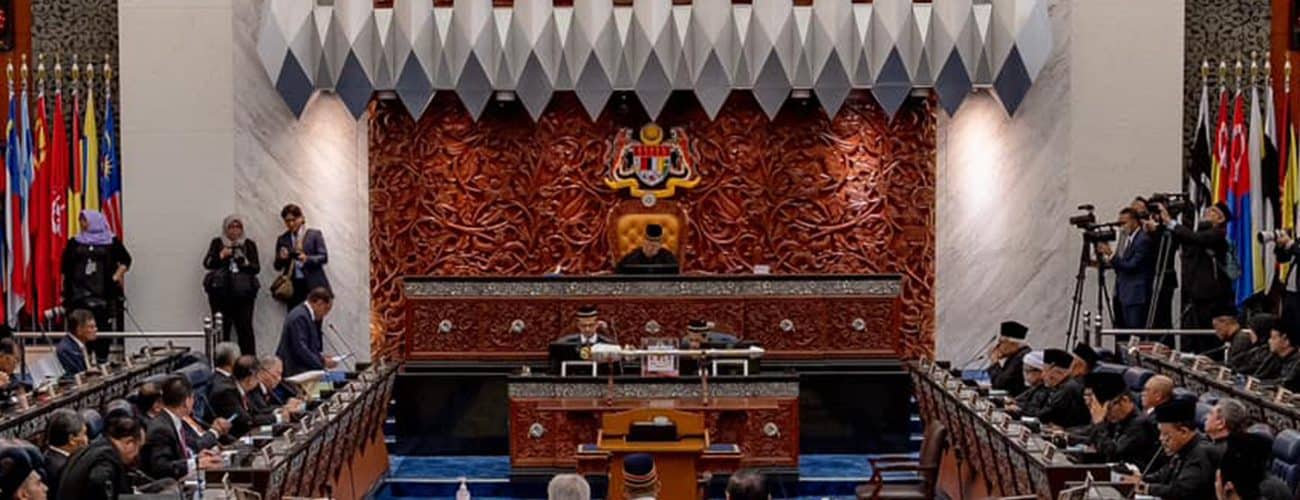
The Dewan Rakyat has taken a significant stride in addressing the pressing issue of mental health in the country. With the approval of the Mental Health (Amendment) Bill 2023, the government aims to decriminalise suicide and empower crisis intervention officers to intervene in self-harm attempts.
This amendment reflects a crucial step forward in aligning the Mental Health Act 2001 with the recent repeal of the offence of attempted suicide under the Penal Code.
The amendment seeks to provide a more compassionate and holistic approach to individuals experiencing mental health crises, acknowledging the need for support and intervention rather than punitive measures.
By decriminalising suicide, the government recognizes that mental health issues should be treated as medical concerns rather than criminal acts. This shift in perspective reflects a growing understanding of the complex and sensitive nature of mental health and the importance of providing appropriate care and support.
Decriminalising suicide and enhancing crisis intervention

The Mental Health (Amendment) Bill 2023 marks a significant milestone in Malaysia’s approach to addressing mental health concerns and providing support to individuals in crisis. One of the key aspects of this amendment is the decriminalisation of suicide, which involves repealing Section 309 of the Penal Code.
By taking this step, the Malaysian government acknowledges the need for a compassionate and holistic approach to mental health, recognizing that individuals in distress require understanding and support rather than punishment.
Under the amended Mental Health Act, crisis intervention officers are granted enhanced authority to intervene in suicide attempts and ensure the safety of individuals in crisis. Deputy Minister Ramkarpal Singh emphasized that the term “arrest” used in the act should be viewed in the context of rescuing and safeguarding the well-being of those involved.

This clarification aims to alleviate concerns about the potential negative consequences of intervention and emphasizes the primary objective of protecting lives.
Crisis intervention officers, including police officers, Malaysian Maritime Enforcement Agency officers, and community welfare officers, will now have the authority to enter premises where a suicide attempt is taking place.
This expansion of power is intended to enable swift and effective intervention, reducing response time and increasing the likelihood of successful rescue operations. By empowering these officers with the necessary tools and authority, the amendment seeks to save lives and provide individuals in distress with the support they urgently need.
Addressing the mental health crisis and increasing support

The passage of the Mental Health (Amendment) Bill 2023 comes at a crucial time when Malaysia is grappling with a growing mental health crisis, exacerbated by the challenges posed by the COVID-19 pandemic.
The final annual report released by the now-defunct National Suicide Registry Malaysia (NSRM) in 2009 revealed that the suicide rate in Malaysia was 1.18 per 100,000 individuals when the population stood at 27.8 million. The NSRM, established in 2007, utilized a nationwide network of medical forensics units and departments to gather data on suicides in the country.
However, experts in the medical field believe that the reported rate significantly underestimates the actual prevalence of suicide. This discrepancy arises from the fact that the NSRM’s data only accounted for medically certified deaths where evidence of the individual’s intent to end their life was present.
According to the NSRM report, approximately 33.5 per cent of the reported cases in 2009 involved individuals who expressed their intention to commit suicide, with 55.2 per cent of them doing so verbally. These figures highlight the urgent need to address mental health issues and provide appropriate support and intervention for those in distress.

In 2021, then-Health Minister Khairy Jamaluddin expressed deep concern over the alarming rise in suicide cases, with a staggering 81% increase reported last year compared to 2020. These distressing statistics underline the urgent need for comprehensive mental health support and intervention strategies.
According to the National Health and Morbidity Survey 2019, the prevalence of depression among individuals aged 18 and above stands at 2.3%, affecting nearly 500,000 people. The pandemic has only exacerbated these issues, leading to heightened stress, anxiety, and depression among the population.
To address the mounting challenges, it is crucial to establish a robust mental health infrastructure that provides accessible and inclusive services to those in need. Non-governmental organizations (NGOs) have been invaluable partners in the provision of mental health advocacy, psychosocial support, and health promotion services.
Their efforts, combined with the amended Mental Health Act, aim to create a supportive environment that encourages individuals to seek help and access the necessary resources.











